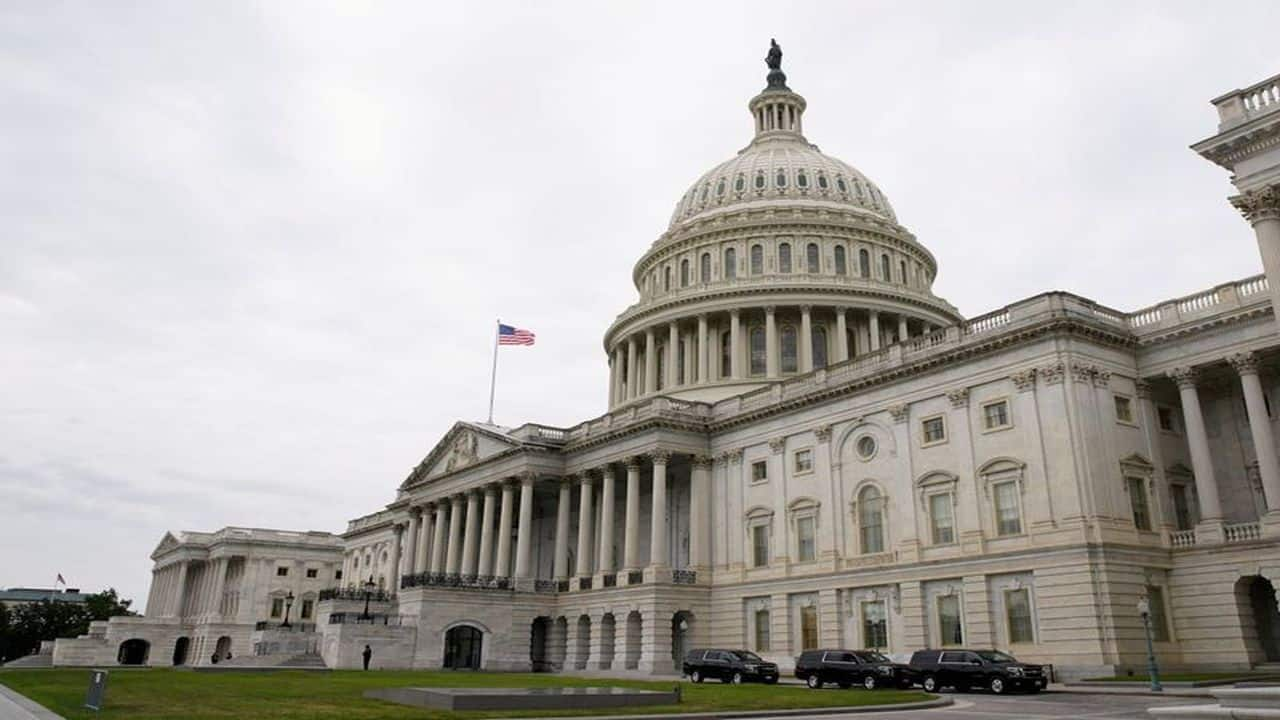In a rare bipartisan rebuke of President Trump, the Senate on Wednesday voted 51 to 48 in favour of a resolution to block his 25% tariffs on Canadian imports, with four Republicans joining all Democrats in support. The move came just hours after Trump announced a sweeping new baseline tariff of 10% on all imports to the United States, along with higher, targeted rates for specific countries, the Wall Street Journal reported. The Senate resolution, led by Sen.
Tim Kaine (D-Va.), would revoke Trump’s emergency declaration under the International Emergency Economic Powers Act—a Cold War-era law that the president used to justify the tariffs on Canada, citing the fentanyl crisis as a national security threat. It marked the first time that a president had employed the act to impose tariffs on a close ally.

Supporters of the resolution argued that Trump had overstepped his authority and bypassed Congress’s constitutional power to levy taxes. "This is a tax, plain and simple, on the American people," said Sen. Rand Paul (R-Ky.
), who co-sponsored the bill. "You can’t simply declare an emergency and say, 'Well, the constitutional republic was great, but gosh, we’ve got an emergency.'" Sens.
Susan Collins (R-Maine), Lisa Murkowski (R-Alaska), Mitch McConnell (R-Ky.) and Paul joined Democrats in backing the resolution, with McConnell beaming alongside Paul after the vote tally. Sen.
Chuck Schumer (D-N.Y.) called the result a turning point, saying, "We always felt things were going to begin turning in our direction, and they are.
" The move is largely symbolic. The measure is expected to stall in the GOP-controlled House, which has inserted procedural language to block any similar effort from advancing. Even if it passed, Trump could veto the resolution, and supporters lack the two-thirds majority needed to override it.
The vote highlighted a growing rift among Senate Republicans on trade, particularly as constituents in states with agricultural ties to Canada raise concerns about the economic fallout. Collins said the tariffs would hurt Maine consumers and businesses, including the state's lobster industry, which relies on Canadian processing. "If we impose these tariffs on Canadian processing, it’s going to be our Maine lobstermen who will bear the cost," she said.
Canadian tourists were already cancelling trips to Maine, she added. Trump, ahead of the vote, lashed out on social media at the Republicans who sided with Democrats, calling them "unbelievably disloyal" and accusing them of undermining party leadership. Still, Murkowski and Collins said the president made no personal appeals to change their vote.
Supporters of Trump’s emergency declaration, including Sen. John Thune (R-S.D.
), argued that the fentanyl crisis from Canada was growing and justified the move. But data from Customs and Border Protection shows the vast majority of fentanyl enters the U.S.
through the southern border, not from the north. The 25% tariff on Canadian and Mexican imports took effect on March 4, with exceptions for energy products and potash, which face a 10% duty. The administration has temporarily suspended tariffs on autos and other goods under the US-Mexico-Canada Agreement (USMCA) until April 2.
This vote echoes a similar episode from Trump’s first term in 2019, when Congress attempted to overturn a national emergency declaration over border wall funding. Trump vetoed that resolution, and a repeat of that scenario appears likely now. Rep.
Gregory Meeks (D-N.Y.) said he plans to introduce a privileged resolution in the House to force a vote on ending what he called a "made-up national emergency.
" Still, GOP leaders have moved to prevent such efforts from reaching the floor. For now, Wednesday's Senate vote sends a clear message: discontent with Trump’s trade agenda is growing, even within his own party..
Politics

A handful of US Republicans break with Trump as US Senate passes resolution to block Canada tariffs















